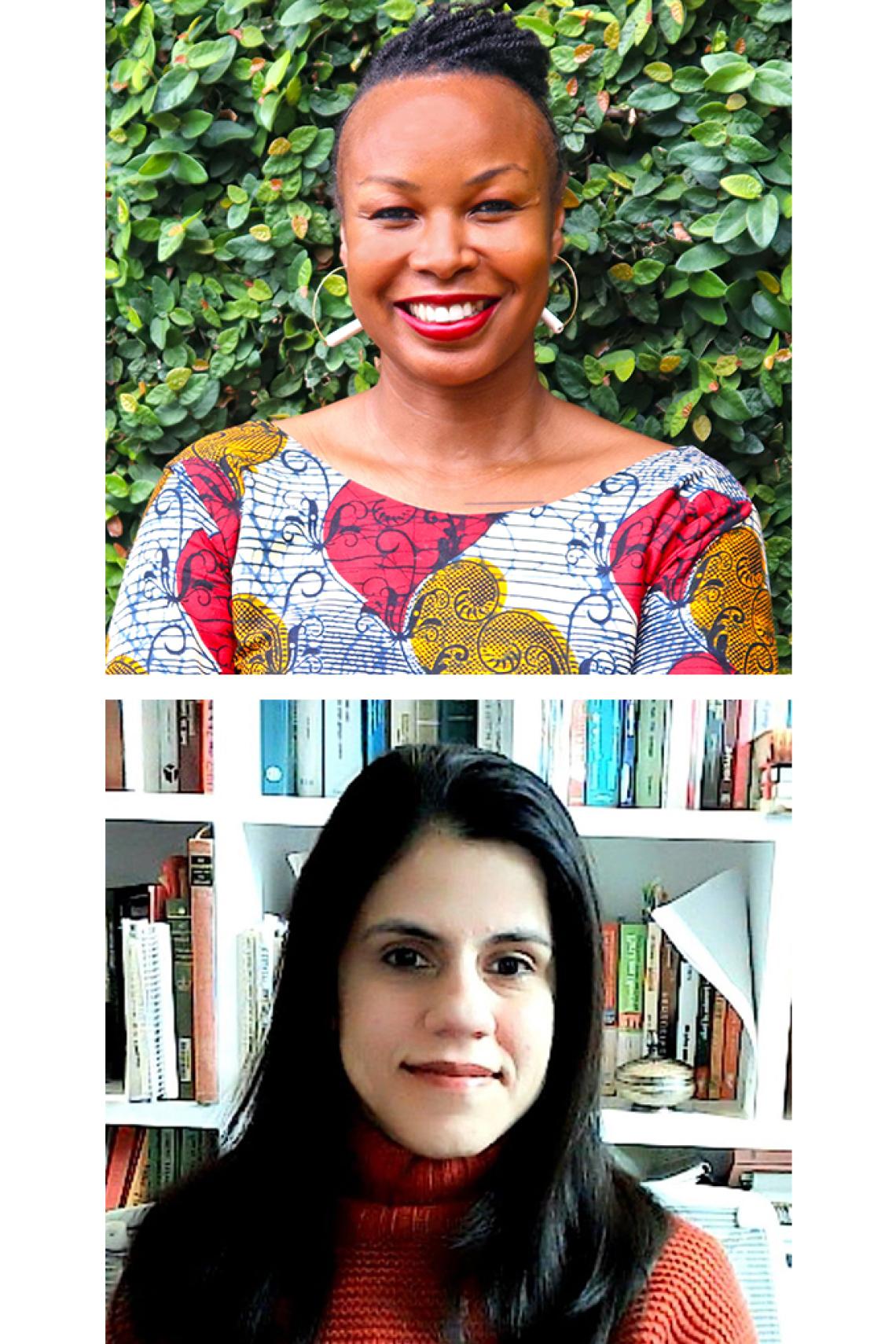Helidah Ogude-Chambert and Uttara Shahani win Teaching Excellence Awards
We are delighted to announce that Dr Helidah Ogude-Chambert and Dr Uttara Shahani have won Teaching Excellence Awards in the Early Career Strand.
These annual awards from the Social Sciences Division celebrate exceptional contributions to education and teaching practices by colleagues across the division at all career stages.
The 2025 awards are presented in three categories:
- Individual Awards for Academic Staff
- Individual Awards for Academic Staff (Early Career Strand)
- Achievement Award for Sustained Commitment to Education
Dr Ogude-Chambert teaches on the MSc in Migration Studies. Her approach is characterised by the integration of multimodal learning resources, such as podcasts, films, and non-academic texts, which support students with diverse learning needs and backgrounds. These varied materials help make complex theoretical ideas accessible to all, fostering a more inclusive learning environment.
Her use of student-led seminars promotes peer learning and builds confidence in public speaking, while structured feedback and optional one-to-one meetings offer personalised support. These methods not only enhance engagement but also nurture a culture of constructive feedback, care, and continuous improvement.
Her teaching is further distinguished by her commitment to critical and pluralistic pedagogies. Her courses create space for critical, relational thinking through materials that reflect diverse lived experiences while challenging dominant knowledge systems. She invites students to engage in difficult conversations with care and attentiveness, recognising emotional labour and discomfort as essential to learning, alongside excitement and creativity.
“It’s an incredible honor to have my teaching recognized—reflecting my own efforts and, importantly, the emotional and intellectual labour of my students, who co-created creative, liberatory, and challenging learning spaces,” Dr Ogude-Chambert said. “This recognition feels especially meaningful in times of rising tyranny and increasing threats against critical scholarship and teaching.”
Dr Shahani has made significant contributions to the MSc in Refugee and Forced Migration Studies through her innovative and engaging teaching methods. Her approach to teaching archival research is particularly noteworthy, as she organises and leads trips to the National Archives at Kew and the Living Refugee Archives at the University of East London, providing students with hands-on experience in handling primary sources.
Her use of primary sources and film in her lectures and seminars on the long history of forced migration not only enthuses students but also enhances their understanding of complex historical and contemporary issues. Her teaching method embodies the flipped classroom approach which includes pre-recorded lectures followed by in-person seminars, allows for a comprehensive exploration of the subject matter. Additionally, she employs a variety of innovative resources, such as podcasts, documentaries, interactive maps, and songs, to make her courses more accessible and engaging.
Students reported that her teaching acted as a catalyst for connecting their understanding across a number of different disciplines.
“We tackle difficult and complex histories in class, but I always look forward to discussions with my fantastic students,” said Dr Shahani. “They frequently compel me to reassess how I approach research and teaching. I thank them for our shared learning and the faculty and staff at the RSC for fostering a highly supportive teaching environment.”

